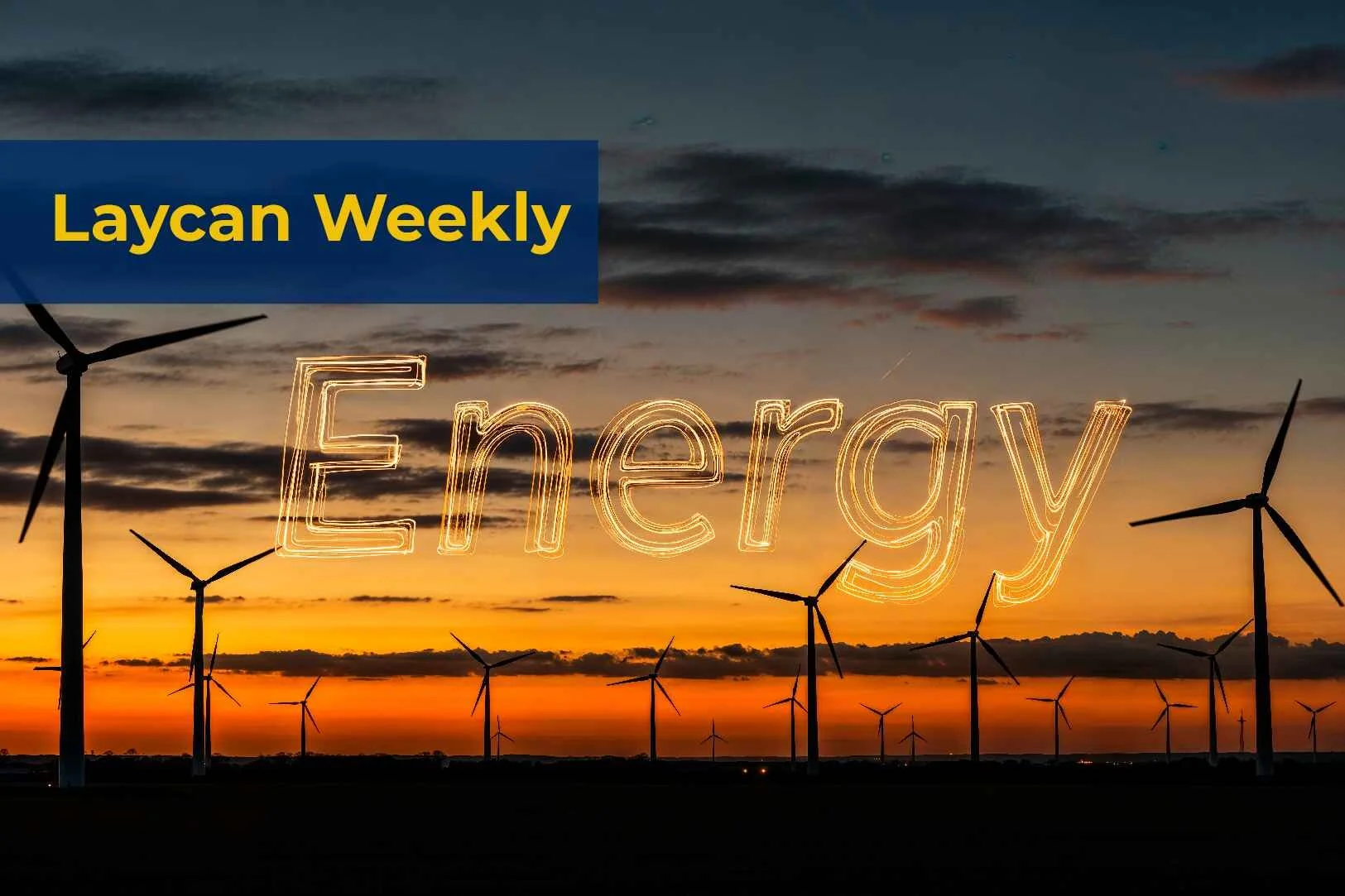Accra Leads Africa’s Shift from Oil to Policy Power
Accra defined Africa’s energy conversation this week. While Brent settled at $65.87 per barrel, down 0.18%, the cedi strengthened from GH₵11.10 to GH₵10.85 per dollar, cushioning imported fuel costs. Ghana focused inward, grounding its direction in policy execution rather than market volatility. The country’s energy planning now leans more on its upcoming 2025–2030 Energy Efficiency Action Plan than on the movement of crude prices.
Local pump prices held firm: GOIL Super XP-91 at GH₵12.98 per litre, Star Oil at GH₵12.77, and diesel between GH₵12.97 and 13.85.
The International Energy Agency’s Africa Energy Efficiency Policy Training Week (October 20–23) turned Accra into a policy hub where efficiency was treated as economic strategy. Over 200 officials from 20 African countries joined Ghana’s Ministry of Energy to link energy savings with fiscal priorities. The forthcoming plan targets measurable cuts in peak energy demand and aims to reduce industrial operating costs through efficiency. The Ministry reaffirmed renewable energy goals of 10% by 2030 and 50% by 2060, signaling continuity in Ghana’s transition strategy.
Policy execution is visible on the ground. GRIDCo’s relocation of two transmission towers near Osino formed part of a broader grid resilience agenda. Strengthening the network is vital to accommodate future renewable capacity and sustain reliability. Infrastructure adaptation now stands at the core of Ghana’s power stability framework.
Across Africa, coordination and financing accelerated. The African Development Bank appointed Inspired Evolution to manage the $1 billion Zafiri Fund under Mission 300, focusing on decentralized power and clean cooking projects. For Ghanaian developers, this presents clear pathways to capital as national frameworks evolve. Ghana remains active in regional policy forums under the Africa Renewable Power Alliance and IRENA, backing harmonization talks designed to attract larger investment flows.
Global energy markets stayed steady. WTI slipped 0.57% to $61.44. Refined products edged higher—RBOB gasoline up 0.8%, heating oil up 0.7%, gasoil up 0.6%. The global average for 95-RON petrol stayed near $1.29 per litre.
Policy momentum is emerging as a stabilizing force within Ghana’s energy mix. While global oil trends still influence fiscal outcomes, the growing weight of efficiency, renewable integration, and grid modernization signals a clear shift. Accra’s focus has moved from reacting to price shocks to managing fundamentals. Policy, not Brent, now defines Ghana’s energy rhythm.

